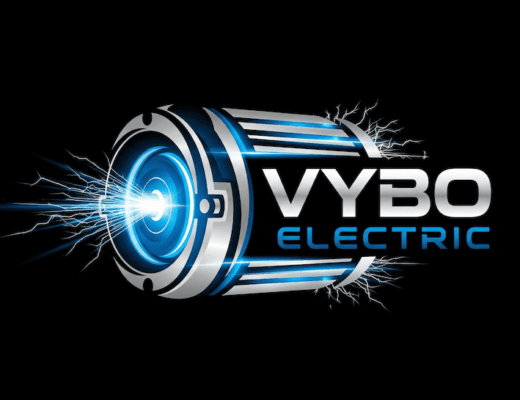Electric motors have become a crucial component of modern technology, powering everything from household appliances to large industrial machines. Their efficiency and reliability make them essential for numerous applications in both commercial and residential settings. In this article, we’ll explore the workings of electric motors, their benefits, and some common types used today.
Understanding Electric Motors
At the core of an electric motor is the conversion of electrical energy into mechanical energy. This process is achieved through the interaction between magnetic fields and current-carrying conductors. The design of electric motors can vary widely, influencing their size, power output, and efficiency. To delve deeper into the fascinating world of electric motors, check out the following video:
One of the primary advantages of electric motors is their versatility. They can operate in various environments, from silent workings in office equipment to robust applications in manufacturing. Additionally, electric motors tend to require less maintenance compared to internal combustion engines, making them a preferred choice for many industries. High-efficiency models can also lead to significant energy savings, which is increasingly important in today’s energy-conscious world.
Among the types of electric motors, some of the most common include brushed and brushless DC motors, as well as AC induction motors. Each type has its distinct advantages depending on the application’s requirements, such as speed control, torque, and efficiency. For comprehensive insights into electric motors and to find quality options, visit electric motors.
In conclusion, the impact of electric motors on technology cannot be overstated. Their efficiency, reliability, and adaptability make them indispensable in various industries. If you are looking to improve your machinery’s performance or are interested in electric motors for your next project, explore more with VYBO Electric.

